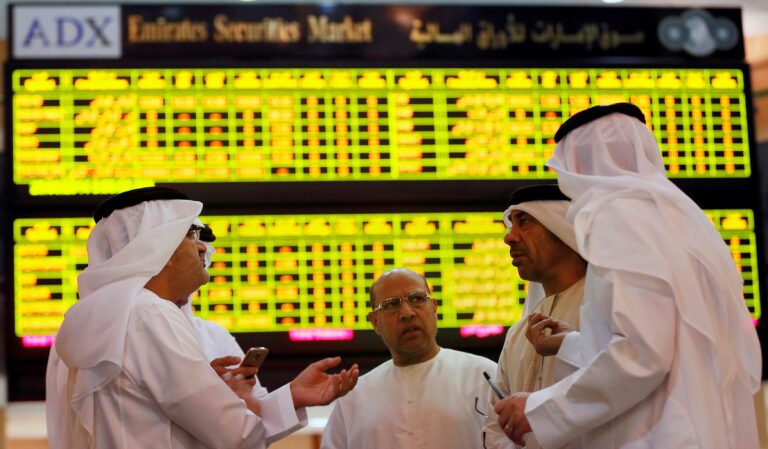UAE stock markets concluded higher on the final trading day of 2023, as the Dubai index recorded a third consecutive yearly increase, driven by expectations of interest rate cuts in 2024.
On Friday, Dubai’s benchmark index experienced a 0.3 per cent gain, propelled by a 1.3 per cent increase in toll operator Salik Company and a 0.9 per cent rise in top lender Emirates NBD Bank.
Closing the year 21.8 per cent higher, the Dubai index, reaching its highest point in nearly eight years in early October, was supported by gains in the real estate and banking sectors. Emaar Properties, a blue-chip developer, concluded the year up 35.2 per cent, and Emirates NBD rose by 33.1 per cent, according to Gulf Business.
Dubai Market: Strong Start, Geopolitical Hurdles, Remarkable Recovery
While the Dubai market exhibited significant gains in the first half of the year, geopolitical tensions in the region led to a stabilization and subsequent retreat. However, according to Abdelhadi Laabi, Chief Marketing Officer at KAMA Capital, the market managed to recover a substantial portion of its losses, returning to an upward trend.
In a volatile session on Friday, Abu Dhabi’s main index inched up by 0.1 per cent, supported by a 4.8 per cent surge in the state-run utility Abu Dhabi National Energy Company and a 2.2 per cent jump in conglomerate International Holding Company (IHC).
Concluding the year with a 6.2 per cent decline, breaking a two-year winning streak, the Abu Dhabi index experienced its highest losses in nine years during the first quarter, according to LSEG data. IHC, the UAE’s most valuable listed firm, reported its first annual loss in five years with a 2.6 per cent drop, while top lender First Abu Dhabi Bank fell by 18.4 per cent, extending losses into the second year.
Abdelhadi mentioned that the Abu Dhabi stock market, more volatile than its Dubai counterpart, was impacted by uncertainty and rapid changes in the oil markets’ conditions.
Anticipating softer US monetary policy, which could boost risk appetite, lower financing costs, and positively impact UAE stocks in 2024, Abdelhadi added that the monetary policy in the Gulf Cooperation Council is typically influenced by decisions of the US Federal Reserve, as most regional currencies are pegged to the dollar.
Oil prices, a crucial factor for Gulf economies, concluded 2023 approximately 10 per cent lower after two years of gains, influenced by geopolitical concerns, production cuts, and central bank measures to curb inflation. On Friday, Brent crude saw a 0.7 per cent increase to $77.67 a barrel.


